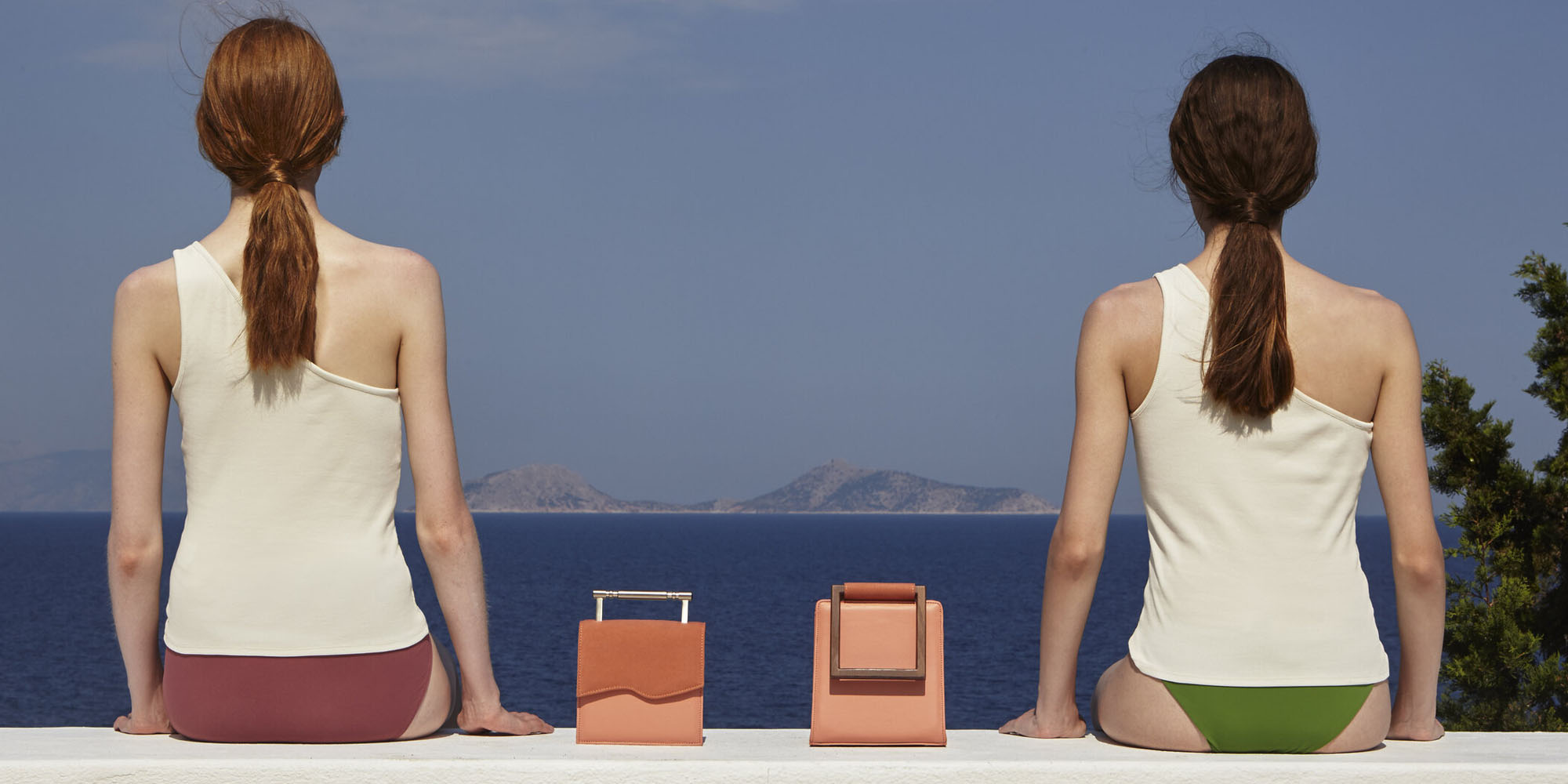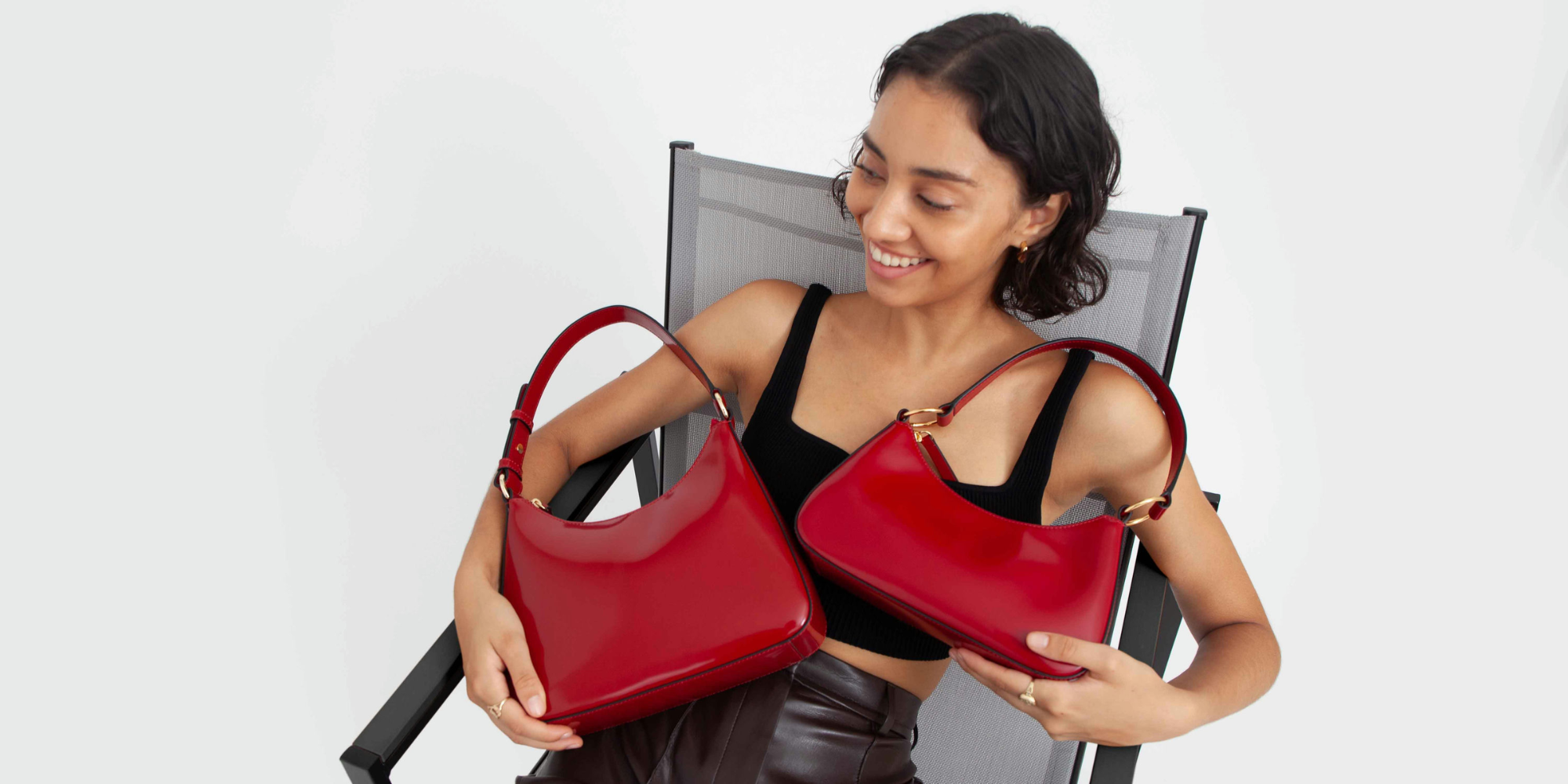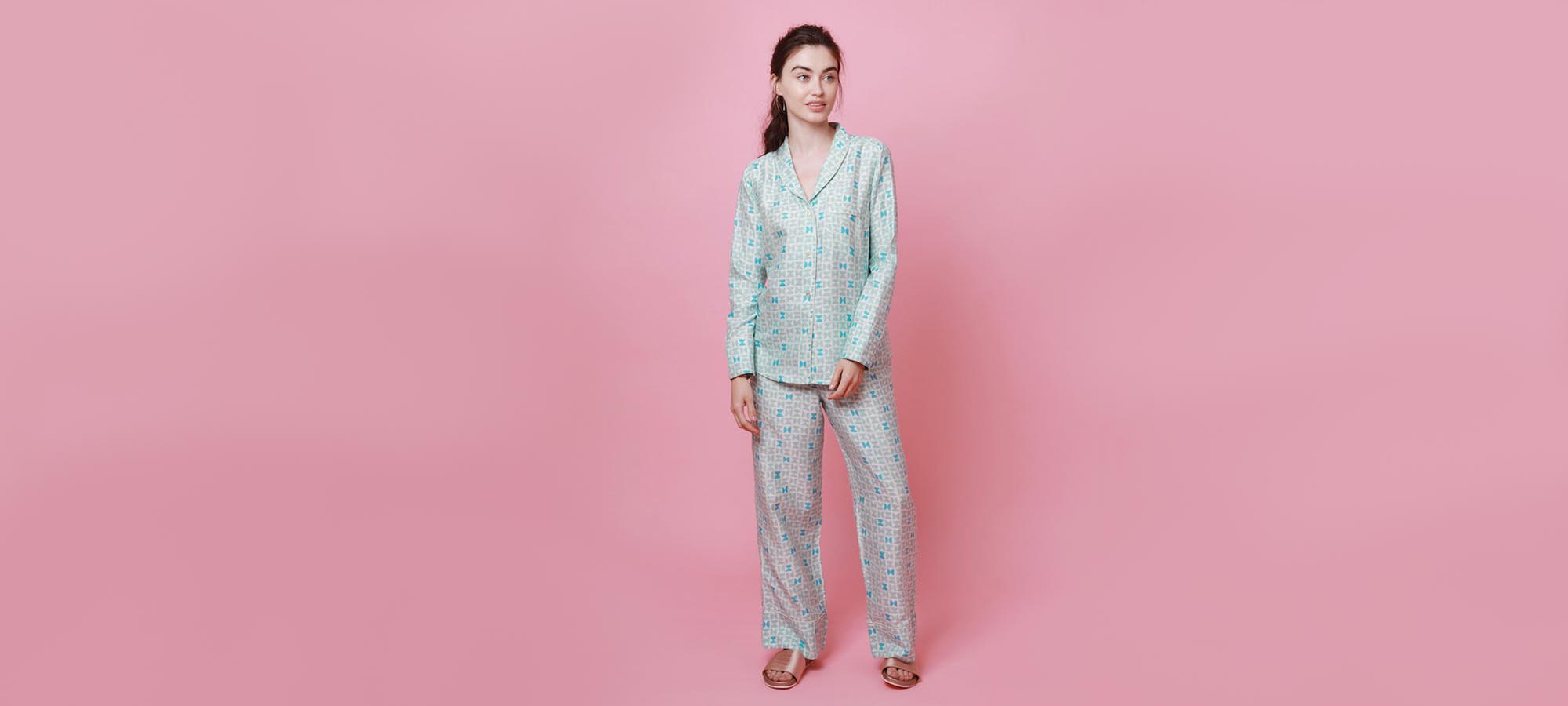Our editors curate highly rated brands that are first assessed by our rigorous ratings system. Buying through our links may earn us a commission—supporting the work we do. Learn more.
Hermès is known and celebrated for its timeless creations, including the iconic Birkin bag. But how ethical is Hermès? Unfortunately, the brand is not doing enough and falls short in prioritising workers’ rights, transparency, and ethical treatment of animals. Let’s look at Hermès’ “Not Good Enough” rating, which was published in November 2023 and may not reflect claims the brand has made since then. Our ratings analysts are constantly rerating the thousands of brands you can check on our directory.
Hermès is not doing enough to reduce its impact
Founded in 1837 by Thierry Hermès in Paris, Hermès is known for its iconic silk scarves and handcrafted leather goods, including the highly coveted Birkin bag. But luxury isn’t always synonymous with sustainability. So, how is Hermès impacting people, the planet, and animals? In short, how ethical is Hermès? Let’s have a look.
Environmental impact
When it comes to its impact on the planet, Hermès rates “It’s a Start”. One of the positive aspects contributing to this rating is the brand’s use of lower-impact materials, including organic cotton. This decision represents a step in the right direction toward reducing the environmental footprint of its products.
Additionally, Hermès has set science-based targets to decrease greenhouse gas emissions, not only in its direct operations but also throughout its supply chain. The brand also claims to be on track to meet these targets, showing dedication to reducing carbon emissions
Hermès, like other luxury brands, is known for crafting long-lasting products, often with lower production volume, which may imply less waste and environmental pollution compared to their fast fashion counterparts. However, this doesn’t absolve Hermès’ (and all of the luxury fashion industry’s) responsibility, and while the brand’s made a promising start, there’s still room for improvement.
Labour conditions
With Hermès products commanding premium prices, such as the iconic Birkin bag retailing at around $10,000, it’s natural to expect that these expenditures ensure a commitment to ethically sound practices. However, our comprehensive data on luxury brands paints a different picture. It’s a sobering truth: only 11% of luxury brands score as “Good” or “Great” overall, and an alarming 75% of luxury brands, including Hermès, fall into the category of “Not Good Enough” or below concerning labour conditions.
While Hermès ensures that some workers in the final production stage receive living wages, this practice does not extend throughout its entire supply chain. The Fashion Transparency Index awarded Hermès a 21-30% score, indicating limited transparency about its behind-the-scenes practices.
None of the brand’s supply chain is certified by crucial labour standards that help ensure worker health and safety, living wages, and other rights. There’s also no substantial evidence that Hermès actively supports diversity and inclusion within its supply chain. This absence points to a broader industry trend wherein many luxury brands often fail to champion labour rights despite their extravagant price points.
Hermès, with its “Not Good Enough” rating for people, and much like many of its luxury counterparts, needs to take significant strides to ensure better labour conditions throughout its supply chain.
Animal welfare
Hermès’ “Very Poor” rating in the animal welfare category raises considerable concerns about the brand’s sourcing practices and commitment to the wellbeing of animals involved in its supply chain. While Hermès does have a formal policy aligned with the Five Freedoms of animal welfare, the lack of clear implementation mechanisms raises questions about the effectiveness of these policies in practice. The use of leather, wool, down, fur, exotic animal skin, shearling, exotic animal hair, horn, and silk by Hermès further contributes to its rating.
Hermès also traces some animal-derived materials to the first production stage, but not all materials. This is problematic for both our furry and feathery friends and factory workers, as their wellbeing cannot be guaranteed.
What’s more, an investigation by PETA into crocodile and alligator farms, specifically for Hermès goods, made some shocking discoveries. From Texas to Zimbabwe, the investigation documented the distressing environments in which animals are raised and killed for their skins to be used to make Birkin bags, belts, and watchbands. “Alligators are packed in dank pools, and crocodiles are crowded in barren concrete pits for months or even years before finally being slaughtered for their skins,” reported PETA.
In December 2021, global animal welfare organisation Four Paws released a report in partnership with Good On You assessing 111 brands across different markets on their commitment to animal welfare and sourcing transparency. As noted by journalist Lucianne Tonti for The Guardian, “While LVMH-owned Stella McCartney achieved the report’s highest score of 90%, the luxury sector fared the worst overall, receiving an average score of just 23% (lower than fast fashion at 53%).” Unfortunately, Hermès was identified as the lowest performer. Compared to the animal welfare standards set by leading brands, Hermès’ practices fall notably short.
Overall rating: ‘Not Good Enough’
In summary, Hermès receives an overall rating of “Not Good Enough” on Good On You. The brand demonstrates commendable efforts in improving its impact on the planet, using lower-impact materials and setting science-based targets for reducing greenhouse gas emissions. However, significant shortcomings persist, particularly for labour, where crucial certifications are lacking, and transparency remains subpar. Hermès’ “Very Poor” animal welfare rating and PETA’s distressing revelations underscore major concerns about the brand’s treatment of animals. There is substantial room for improvement.
Note that Good On You ratings consider hundreds of issues, and it is not possible to list every relevant issue in a summary of the brand’s performance. For more information, see our How We Rate page and our FAQs.
Good swaps
“Good” and “Great” alternatives to Hermès

























